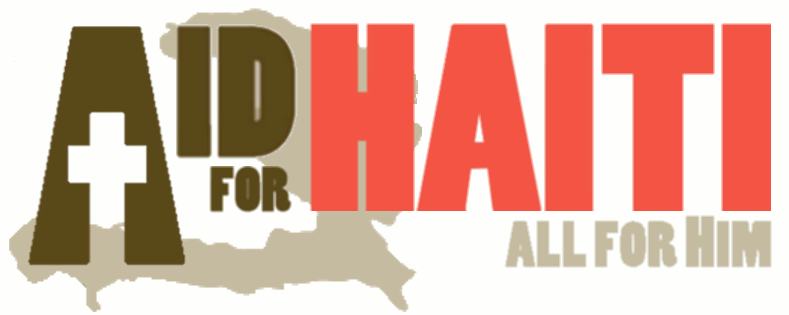Most Haitians are Roman Catholic, while a growing number claim to be Protestant (estimates range from 20 to 30 percent). But surveys have found the vast majority of Haitians – regardless of religious affiliation – hold at least some Voodoo beliefs.
Voodoo (also Voudou) can be loosely defined as a patchwork of spiritual beliefs, practices and superstitions imported by African slaves more than two centuries ago and melded with parts of Catholicism. Compared to most major world religions, it is loosely structured and often improvised by its practitioners. It is also not well understood.
Voodoo most often takes the form of animism (the belief that everything in nature has souls or spirits) and syncretism (a blending of animism with other religious faiths such as Christianity). Voodoo is practiced in varying degrees. Some Haitians are thoroughly secular. Others only nominally believe in superstitions and “wives’ tales” with Voodoo roots. And still others practice it zealously – particularly Voodoo priests, priestesses, and witch doctors.
As with any religion, Voodoo is also subject to manipulation by its leaders, who sometimes use it to gain power, abuse others, and fatten their wallets.
We believe that any religion that does not acknowledge Christ as the Son of God and Savior of the world ultimately leads us astray. As such, Voodoo spiritual beliefs are a real and powerful obstacle to a close relationship with God. We also believe that Christ has overcome the world – including Voodoo – and that He invites everyone to believe in Him.
Voodoo and Haitian History
As the story goes, the Haitian revolution kicked off on a night in 1791 at a place called Bois Caiman. A group of slaves, led by a Voodoo priest named Boukman, met together and vowed to overthrow their white oppressors. According to accounts, someone sacrificed a pig and the assembled group drank the pig’s blood. Eight days later, the uprising began.
It is often said that during this ceremony, Haiti’s soon-to-be leaders made a pact with Satan, dedicating the land to him for 200 years in exchange for victory.
This story is taken as fact by many Christians, both Haitian and non-Haitian, and is often given in response to the question, “Why is Haiti so poor?” The details of the Bois Caiman meeting are, in fact, challenging to either prove or disprove, because very little historical account exists surrounding the gathering. Historians and scholars have not found any written record of a satanic pact being made, but many today continue to hold these beliefs
The French were defeated after more than a decade of struggle. When Haiti’s founding fathers drafted various versions of the nation’s constitution, it included no language about Satan or even Voodoo. The Constitution of 1807 established religious freedom but made Roman Catholicism Haiti’s official religion – stating that no other religion (including Voodoo) could be practiced in public. Many scholars believe, however, that the declaration of Catholicism as the official religion was largely a political move by then President Toussaint L’Ouverture to appease various European powers.
In the 20th and 21st centuries, many Protestant missionaries came to the country.
In a controversial move in 2003, Haiti’s Catholic president, Jean-Bertrand Aristide, made Voodoo an official religion in the country, giving certain Voodoo ceremonies such as marriage equal standing with Christian ones. Many historians believe that Aristide’s decision, like L’Ouverture’s before him, was also largely to curry political favor.
 Proponents of the Bois Caiman devil-pact theory say Haiti has lost God’s blessing, as evidenced by Haiti’s status as the Western Hemisphere’s most-destitute and least-stable country. Critics of the theory say it ignores historical factors of Haiti’s poverty, such as discriminatory foreign policies, unfair trade practices, and a tradition of corrupt and oppressive rulers. Whatever the true case may be, the truth is that the God who created the universe offers hope and redemption that no other religion can, through his Son Jesus Christ.
Proponents of the Bois Caiman devil-pact theory say Haiti has lost God’s blessing, as evidenced by Haiti’s status as the Western Hemisphere’s most-destitute and least-stable country. Critics of the theory say it ignores historical factors of Haiti’s poverty, such as discriminatory foreign policies, unfair trade practices, and a tradition of corrupt and oppressive rulers. Whatever the true case may be, the truth is that the God who created the universe offers hope and redemption that no other religion can, through his Son Jesus Christ.


Published by